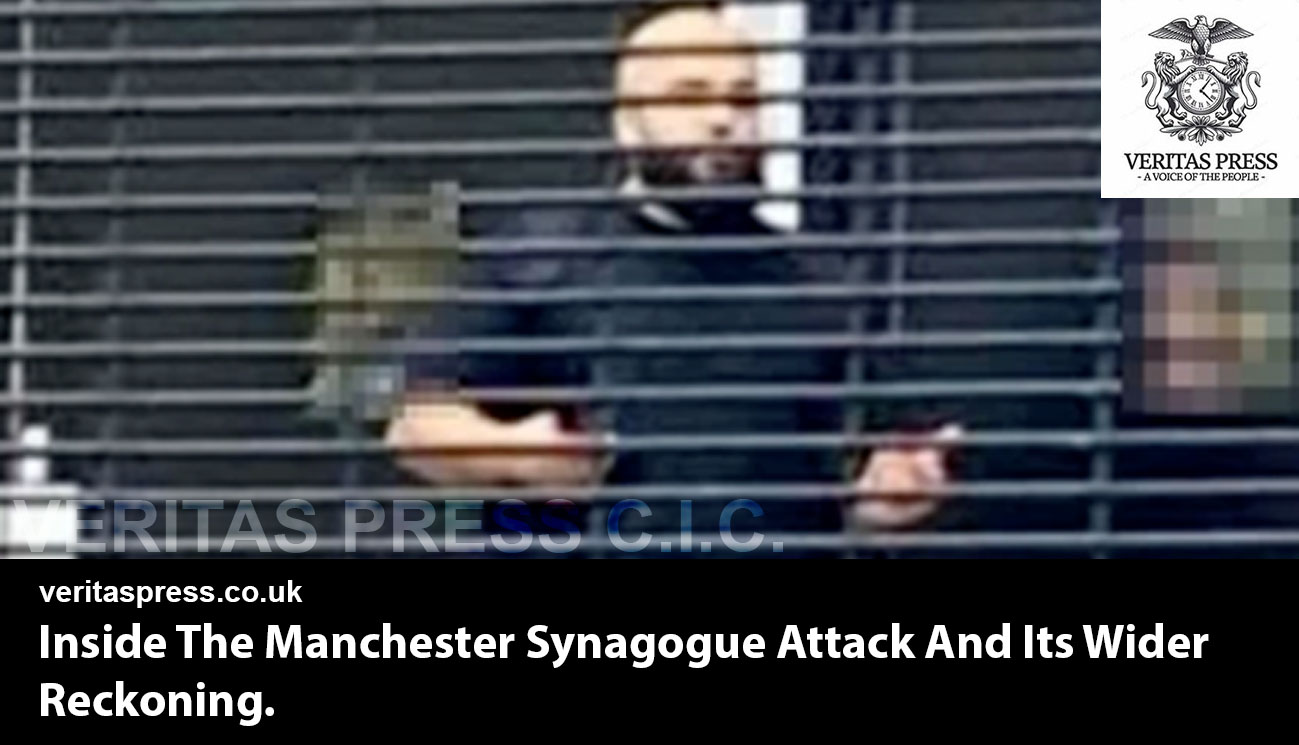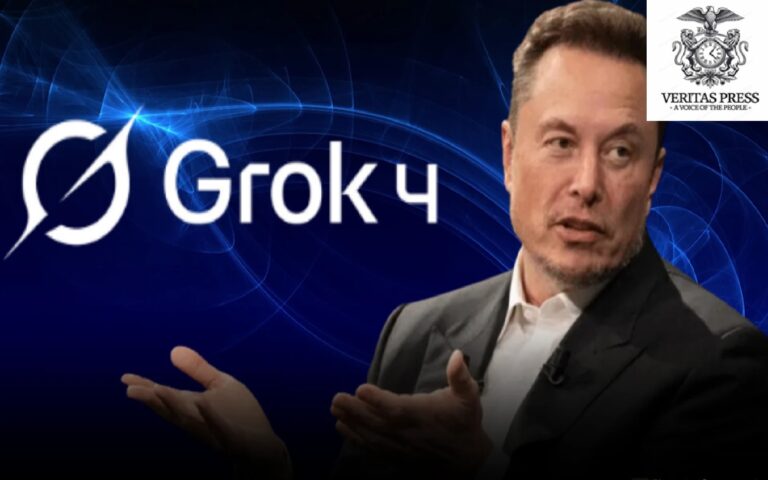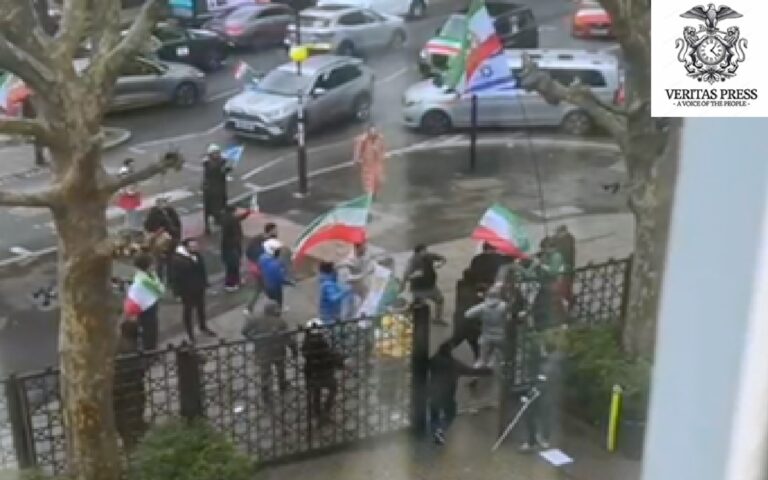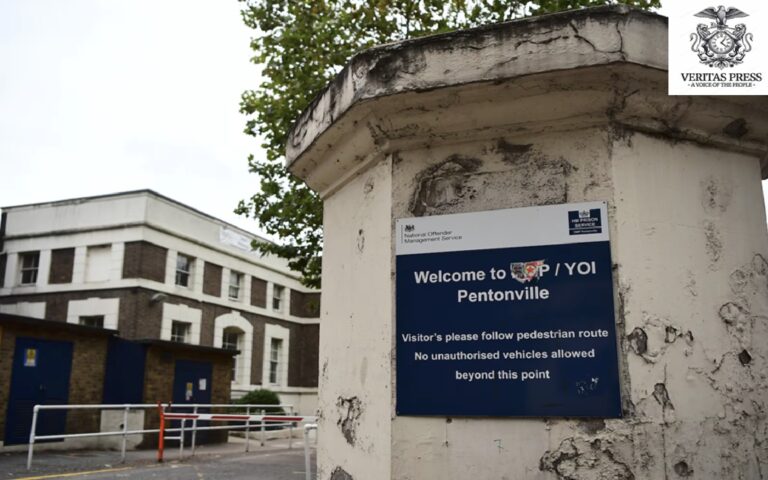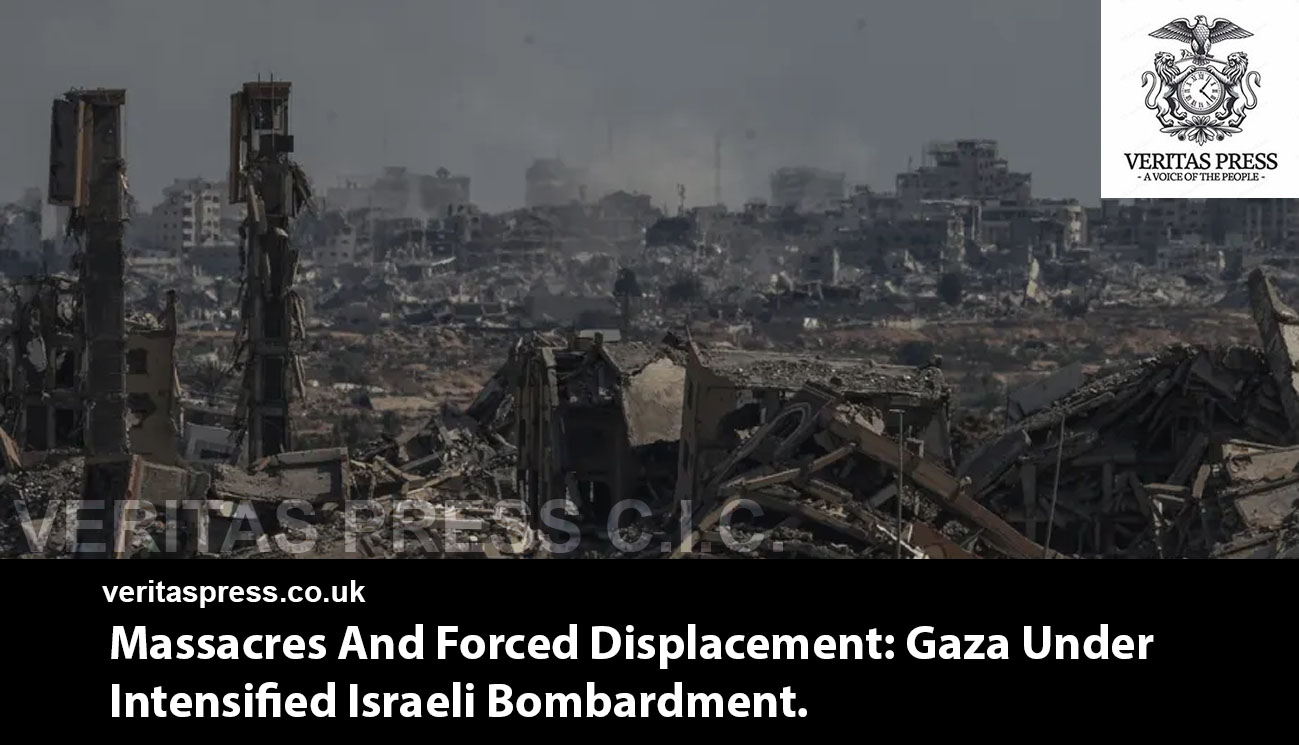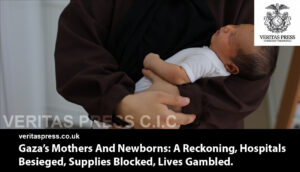Business Ads
A Sacred Day, Shattered By Violence:
On the morning of October 2, 2025, worshippers gathered at the Heaton Park Hebrew Congregation in Crumpsall, north Manchester, for Yom Kippur, the holiest day in the Jewish calendar. Within minutes, their prayers were ruptured by screams, gunshots, and the horror of a marauding attacker who used his car and a knife to assault the faithful outside.
By the time Greater Manchester Police (GMP) firearms officers neutralised the suspect, two congregants lay dead and several more were critically injured. Survivors described a surreal nightmare: a driver ramming pedestrians, a man lunging with a blade, and the chilling sight of what appeared to be a suicide vest strapped to his chest.
“We knew this day would come,” one shaken worshipper told journalists afterwards, refusing to give his name for fear of reprisals. “There’s been so much hatred, so many threats. But you never think it will be your shul until it is.”
The Response: Seven Minutes That Mattered.
GMP Chief Constable Stephen Watson confirmed that officers received the first 999 call at 9:31 a.m. Within seven minutes, armed officers arrived and shot the attacker dead. Watson praised the “immediate bravery” of both worshippers and synagogue security staff, who barricaded doors and prevented the assailant from entering the sanctuary.
Mobile phone footage reviewed by multiple outlets captured police shouting: “Get back, he has a bomb!” The warning was not misplaced; the attacker wore a vest rigged to look like an explosive device, forcing explosive ordnance teams to secure the scene. It was later confirmed to be a hoax, but it paralysed the area for hours and underscored the attacker’s intent to amplify fear.
Four victims were rushed to the hospital; two succumbed to their injuries. Their names have not yet been formally released, but community leaders described them as “pillars of the congregation.”
National Mobilisation: COBRA And Beyond.
The attack triggered an immediate national security response. Prime Minister Keir Starmer, attending a European summit in Brussels, flew back to London to chair a COBRA emergency meeting. He pledged “all necessary resources” to protect Britain’s Jewish community.
The Home Secretary, Shabana Mahmood, travelled to Manchester within hours, joining counter-terror commanders at police headquarters. London’s Metropolitan Police announced extra patrols around synagogues and Jewish schools, echoing measures across the UK.
International condemnation followed swiftly. Israel’s foreign minister labelled the incident “part of a horrific wave of antisemitism,” urging Britain to act decisively. The U.S. State Department also issued a statement of solidarity.
A Community Under Siege: Antisemitism’s Rising Tide:
The attack comes against a backdrop of escalating antisemitism in Britain. According to the Community Security Trust (CST), the UK recorded 3,528 antisemitic incidents in 2024, the highest figure on record, much of it linked to tensions around the Gaza war. Early 2025 figures suggest the trend has continued.
In Manchester alone, CST logged a surge of verbal abuse, vandalism, and threats against Jewish schools and synagogues. Police data confirm hate crimes against Jewish people doubled in Greater Manchester over the past year.
“This attack is the nightmare scenario we’ve feared,” said Mark Gardner, CST’s chief executive. “It shows how rhetoric and online radicalisation can manifest in deadly violence against Jews simply gathering to pray.”
Was It Antisemitism, Or Politics? The Motive Question:
While police have declared the incident a terrorist attack, investigators remain cautious about attributing a motive. But the symbolism is stark: Yom Kippur, a synagogue with a visible pro-Israel stance, and the targeting of Jewish worshippers.
The Heaton Park Hebrew Congregation’s own website carries pages supporting the Israeli armed forces and celebrating IDF operations. In recent months, it hosted pro-Israel speakers and called for prayers for soldiers in Gaza.
For some analysts, this makes it a “symbolic target.” Dr. David Feldman, director of the Birkbeck Institute for the Study of Antisemitism, explains:
“Antisemitic extremists often conflate local Jewish communities with the policies of the Israeli state. That doesn’t make political criticism equivalent to antisemitism, but when grievance crosses into violence against Jews, it is unequivocally antisemitic.”
Police sources confirm they are analysing the attacker’s digital footprint to see whether the Gaza war, and its polarising discourse, played a role in his radicalisation.
Eyewitnesses: Terror At The Gates.
Congregants describe panic as the attacker struck. “I heard screams, then people running back into the shul, saying, ‘He’s got a knife, he’s got a bomb,’” said Sarah K., who was inside the women’s section. “We pulled the doors shut and prayed the locks would hold.”
Another worshipper, Michael L., told the BBC: “We heard the shots outside. For a moment, we thought it was the attacker firing. Then we realised it was the police.”
Paramedics arriving on scene described “chaotic triage.” North West Ambulance Service confirmed multiple critical injuries and “tragic fatalities.”
Security Gaps: Reliance On Volunteers And Luck.
The attack has reignited debate over synagogue security in Britain. While the government funds security guards for many Jewish schools, synagogue protection is patchier, often reliant on volunteers or congregational funds.
“It’s unsustainable to ask volunteers to protect against armed terrorists,” said Marie van der Zyl, president of the Board of Deputies of British Jews. “The state must step up funding and ensure professional security at all shuls.”
Security experts argue that Operation PLATO protocols, rapid armed response to marauding attacks, worked effectively this time, but they warn: “Seven minutes is fast, but seven minutes is also an eternity if an attacker gets inside,” said former counter-terror chief Sir Mark Rowley, now Commissioner of the Met.
Interfaith Solidarity And Polarised Debate:
Manchester’s Council of Mosques condemned the attack and urged calm: “An attack on a synagogue is an attack on us all,” its statement read. Interfaith leaders pledged to organise vigils in Crumpsall.
Yet online, conspiracy theories and polarising commentary spread within hours, with some far-right activists using the attack to demonise Muslims, while some extreme anti-Israel accounts depicted the synagogue as a “legitimate” target because of its Zionist stance. Both narratives have been condemned by mainstream Jewish and Muslim groups.
What Comes Next: Accountability And Unanswered Questions.
The counter-terror investigation is ongoing. Two further arrests suggest police are probing possible accomplices or support networks. Investigators will be under pressure to disclose whether this was a lone-wolf act, a small cell, or part of a wider extremist network.
For the Jewish community, the questions are painfully immediate:
- Were there missed warning signs?
- Why wasn’t permanent professional security in place on the holiest day of the year?
- What protections will the government provide to prevent repetition?
As Rabbi Daniel Walker, a community leader from nearby Prestwich, put it:
“We will bury our dead. We will mourn. But then we will demand answers. Because this cannot happen again.”
A Global-Local Fault Line:
The Manchester synagogue attack is both deeply local and inescapably global. It is the story of neighbours attacked on their doorstep, and of how international conflicts, radical ideologies, and online hate spill into Britain’s streets.
For survivors, the day will forever mark a rupture in the sanctity of worship. For Britain, it raises urgent questions: how to secure vulnerable communities, how to distinguish political speech from hate, and how to confront a world where far-off wars fuel violence at home.
On Yom Kippur, the day of atonement, prayers for forgiveness were drowned by the sounds of sirens and gunfire. The reckoning now falls not just on one congregation, but on a nation confronted with the price of hatred.








